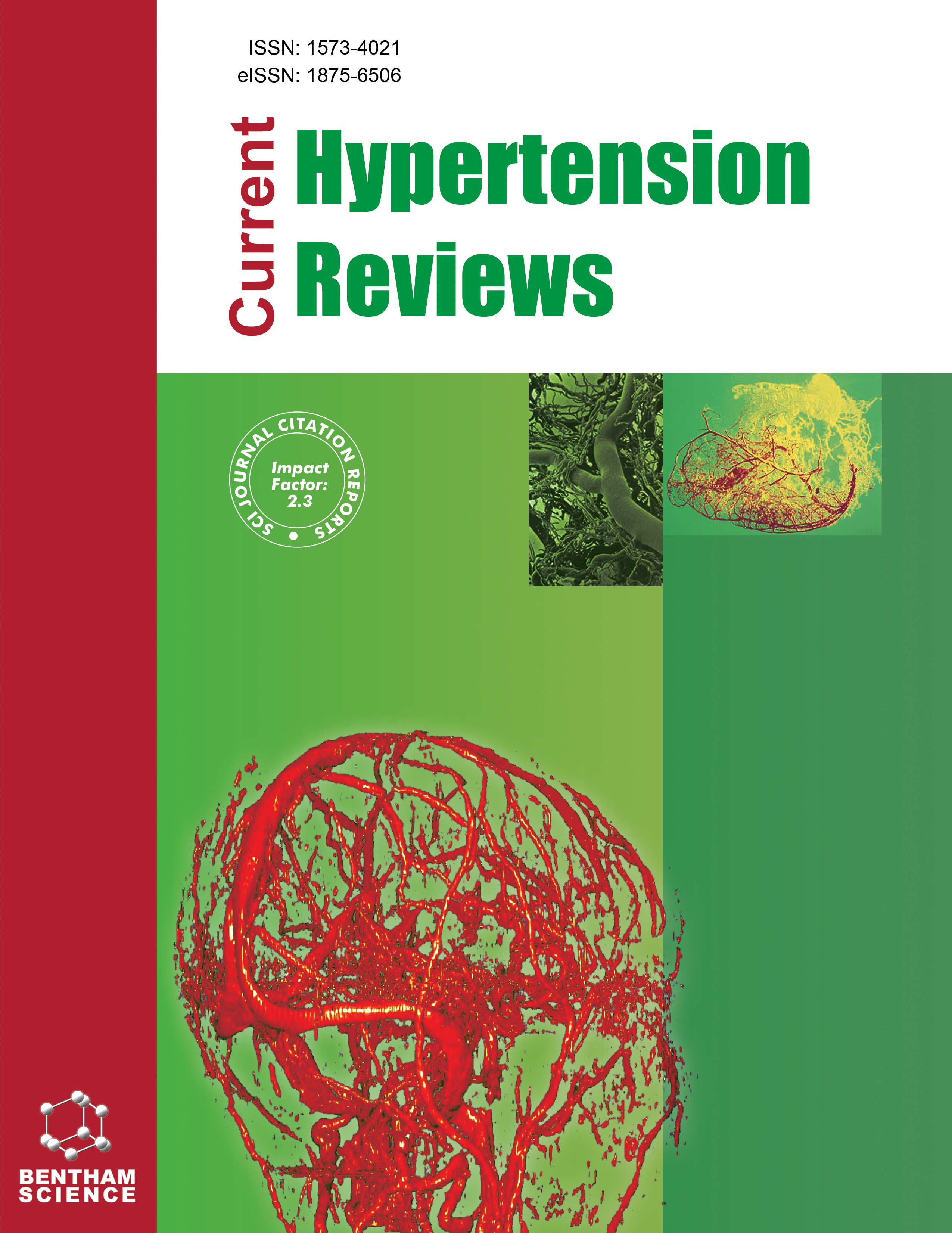
Full text loading...
Hypertension, commonly known as high blood pressure, is a chronic condition characterized by elevated arterial pressure. It occupies a unique position in population health. It is the leading cause of cardiovascular disease and the most common non-communicable condition affecting millions worldwide and is a major public health challenge.
The etiology of hypertension involves a complex interplay of environmental and pathophysiological factors alongside genetics, diet, lifestyle, and other coexisting medical conditions. Treatment typically involves medication and lifestyle adjustments such as dietary changes, regular exercise, weight management, and stress reduction to pharmacological interventions involving drugs like diuretics, beta-blockers & ACE inhibitors to lower blood pressure. The pathogenesis of hypertension is linked to endothelial dysfunction, vascular remodelling, sympathetic nervous system activation, and the renin-angiotensin-aldosterone system. Diagnosis is made by measuring blood pressure using a sphygmomanometer, with stages including prehypertension, stage 1 hypertension, and stage 2 hypertension. Effective management of hypertension requires lifestyle modifications such as dietary changes, regular exercise, weight control, and reduced alcohol consumption, alongside pharmacological interventions. As hypertension continues to be a leading cause of death and disability globally, understanding and addressing these factors are crucial for mitigating the widespread impact of hypertension on public health.

Article metrics loading...

Full text loading...
References


Data & Media loading...

